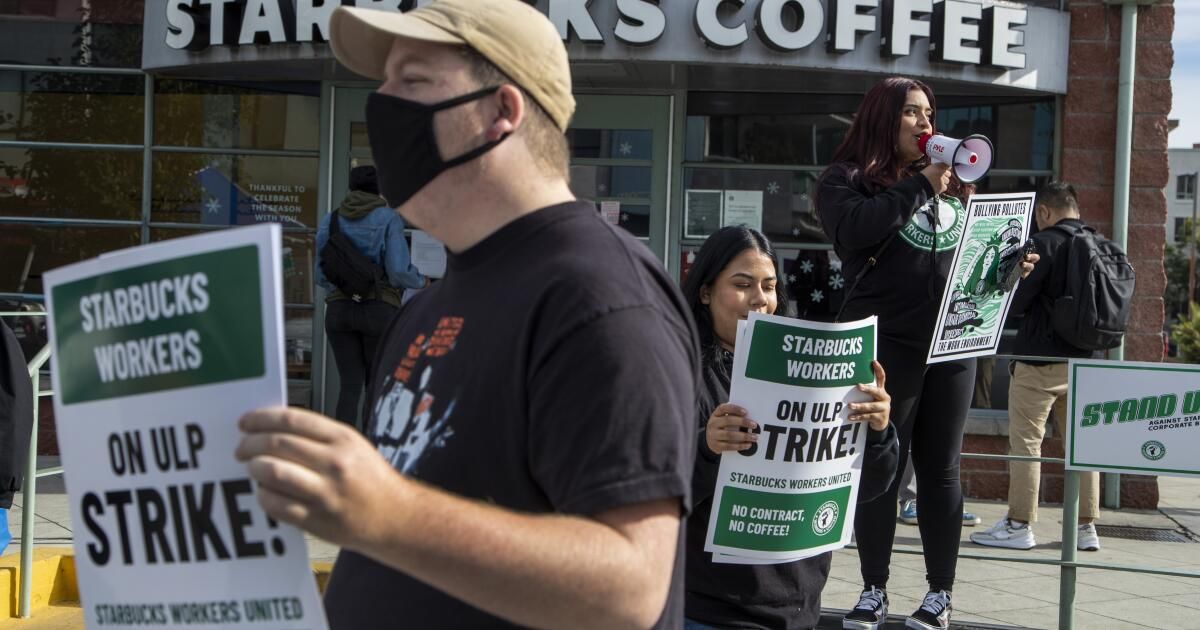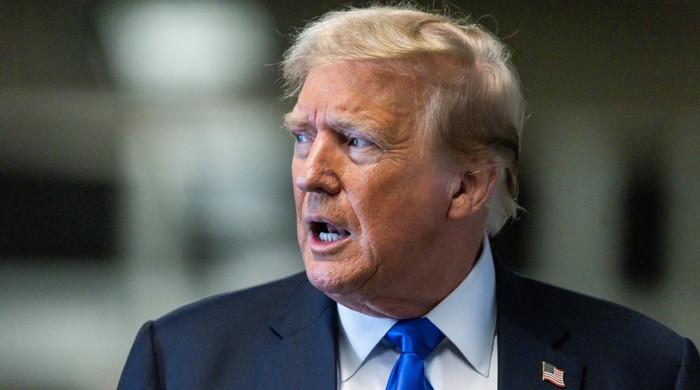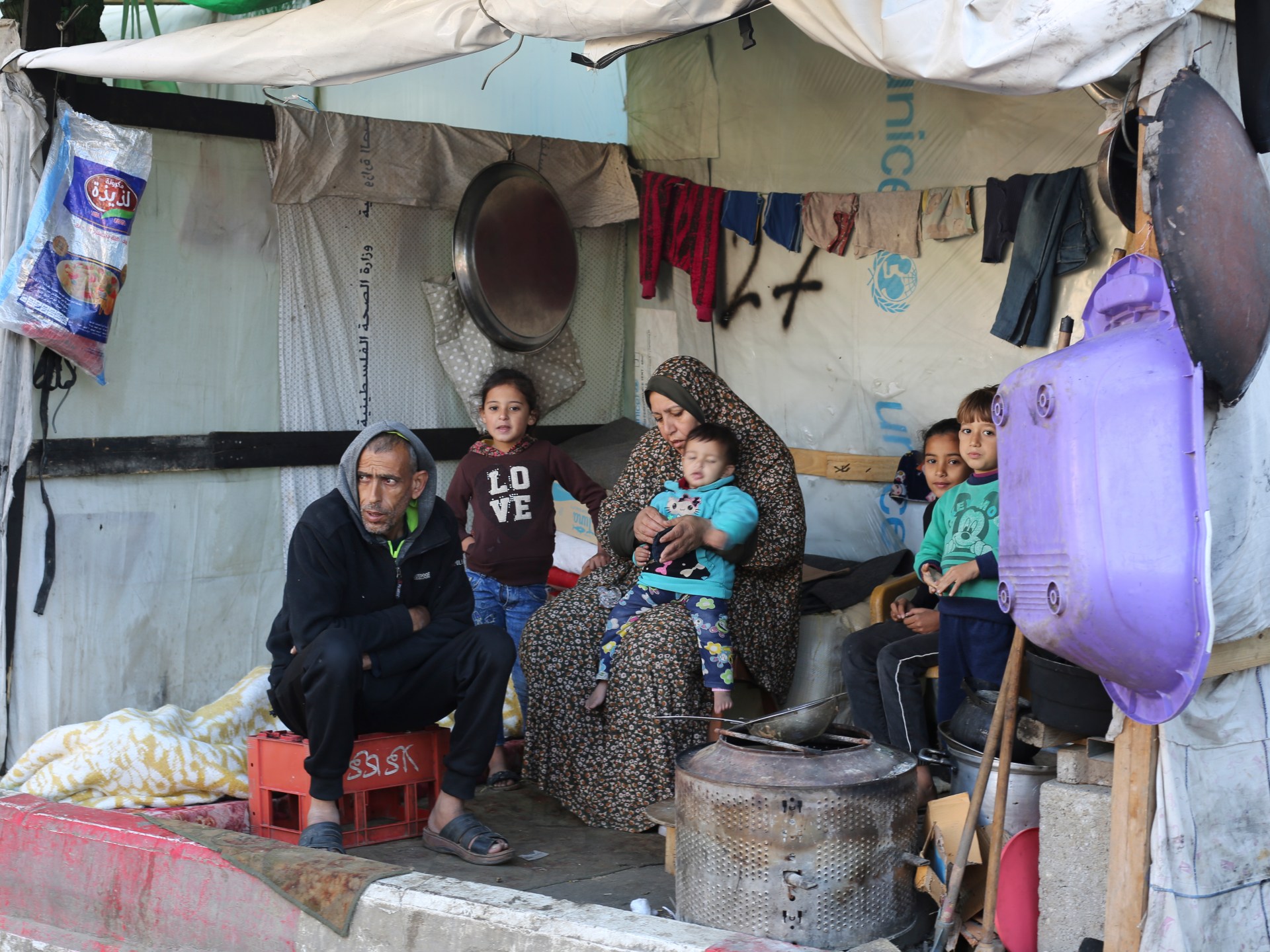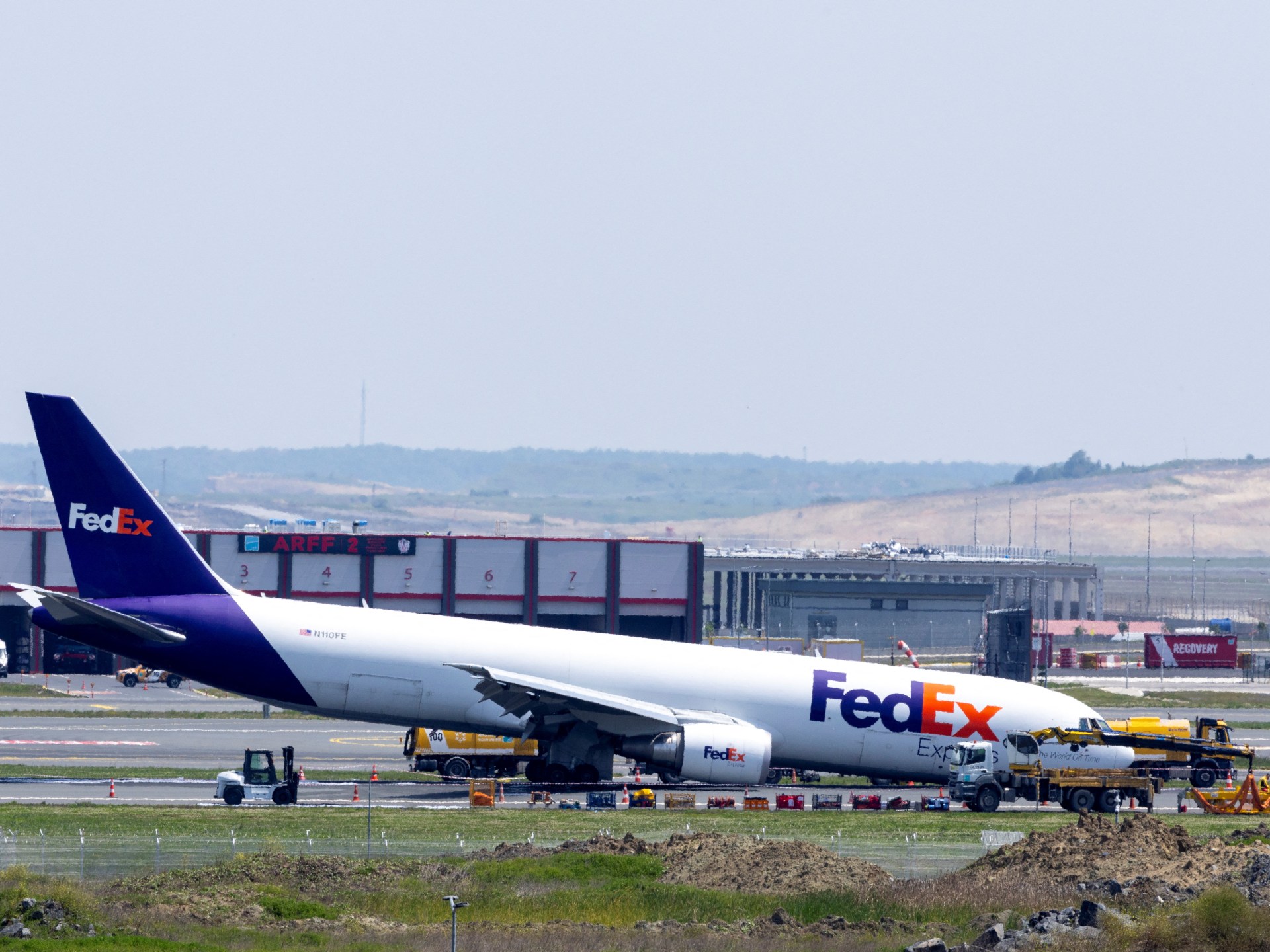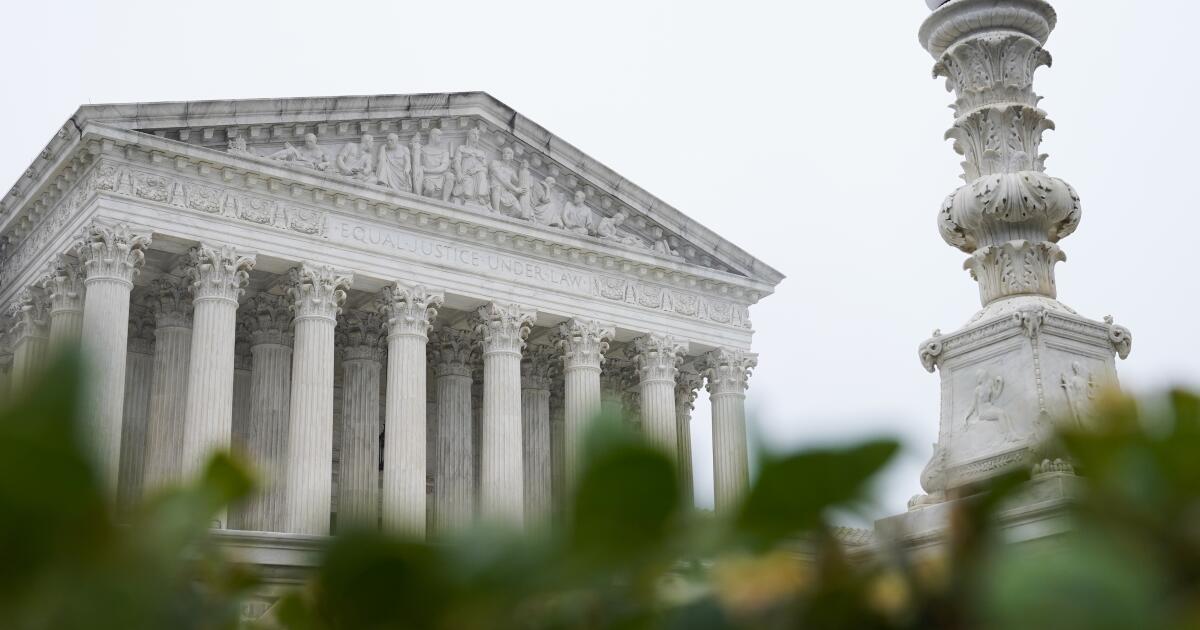The Supreme Court ruled in favor of Starbucks on Thursday, limiting the power of judges and the National Labor Relations Board to protect union organizers.
In a 9-0 decision, the court overturned a ruling by a federal judge in Tennessee who sided with the NLRB and ordered Starbucks to rehire the so-called “Memphis Seven.”
In doing so, the justices set a higher legal standard to prevent judges from deferring to the labor board in pending disputes.
Justice Clarence Thomas said judges should follow traditional rules before stepping in and granting a temporary victory to the NLRB.
“A preliminary injunction is an 'extraordinary' equitable remedy that is never granted as of right,” he said in Starbucks v. McKinney.
Judges in different parts of the country had followed different approaches in these cases, and the court sided with those who said judges should be reluctant to intervene and issue a temporary injunction.
Judge Ketanji Brown Jackson dissented in part, saying she didn't think judges were exercising too much power in these cases and that they should generally defer to the labor board.
“I am reluctant to bless this aggrandizement of the judicial power where Congress has so clearly limited the discretion of the courts, and where it so clearly intends that the agency of experts it has created make primary determinations of both merit and process,” wrote. .
Starbucks has been aggressive in fighting union organizers. The coffee company said it took the Memphis case to the high court seeking to “level the playing field” in these battles between workers and companies.
At stake was what the company called a union-friendly legal rule that allowed judges to intervene early and rule against employers.
“Getting a court order is often the whole game,” Washington attorney Lisa Blatt said on behalf of the company in Starbucks v. McKinney.
The NLRB says these temporary injunctive relief is necessary to protect workers who were fired in violation of labor laws. But companies say they should not be forced to rehire employees who violated their work rules.
In February 2022, Starbucks fired seven baristas in Memphis who were seeking to organize a union. The company said the layoffs were due to “significant violations” of its safety and security policies. They said employees had remained in the store after closing time and invited local media to interview them.
Starbucks Workers United called this “anti-union” and filed a complaint with the NLRB alleging that workers were fired in retaliation for their organizing efforts.
M. Kathleen McKinney, regional director of the NLRB, asked a federal judge to issue an order protecting the workers while the board considered their complaint. U.S. District Judge Sheryl Lipman agreed that there was “reasonable cause” to believe the workers had a valid claim, and she ordered Starbucks to rehire the seven employees.
Starbucks said the NLRB leans in favor of workers in these disputes and regularly obtains orders from judges forcing employers to rehire workers while their claims are pending for months or years before the labor board.
Their lawyers argued that in other non-labor cases, judges rarely issue temporary injunctions and only do so if they are convinced that the plaintiffs will likely win in the end.

